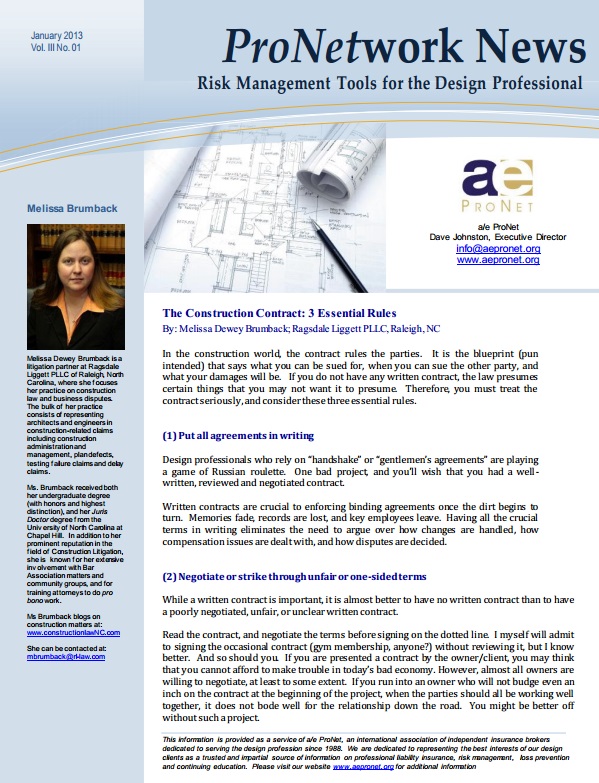
**The Superiority of Belief Effect: A Dual-Edged Aspect of Assurance and Ignorance**
The relationship between an individual’s self-assessment of cognitive ability and actual knowledge has long captivated the attention of psychologists and scholars. Central to this discussion is the idea of “belief superiority,” a psychological occurrence thoroughly examined by researchers Michael Hall and Kaitlin Raimi. Their research, published in the *Journal of Experimental Social Psychology*, sheds light on a cognitive bias where people perceive their opinions as not just more correct than others, but inherently superior.
**Belief Superiority and the Dunning-Kruger Phenomenon**
Hall and Raimi’s research positions belief superiority as an extension of the well-established Dunning-Kruger effect. The Dunning-Kruger effect describes a cognitive bias where individuals lacking knowledge or skill in a particular area overrate their own competence. Belief superiority, however, is a more intricate variation—it goes beyond mere ignorance causing overconfidence and takes on a narcissistic form where individuals claim the flawed nature of others’ perspectives in comparison to their own.
This superiority of belief operates as psychological protection against opposition to one’s beliefs, often resulting in hesitation to encounter differing views or fresh information. Hall and Raimi’s experiments aim to explore whether this overconfidence correlates with any actual superiority in knowledge, or if it simply serves as an intellectual blindfold.
**Testing Confidence**
The researchers conducted a range of experiments to evaluate participants’ self-reported knowledge against their real comprehension. The results were revealing: those proclaiming belief superiority were not better informed. Instead, they frequently overvalued their understanding of the subjects, highlighting a gap between perceived and actual knowledge.
Participants exhibiting belief superiority also showed less motivation to pursue corrective information. This tendency not only obstructs individual intellectual advancement but also impedes broader societal dialogue by reinforcing echo chambers, where voices resist outside input and strengthen existing biases.
**Facing the Reflection of Superiority**
No psychologist is surprised by the relationship between belief superiority and self-perceived knowledge. Yet the pivotal question lingers: Are those who are confident in their opinions truly more knowledgeable? Hall and Raimi’s research indicates otherwise, warning against the presumption that certainty equals understanding.
Grasping these dynamics is essential, particularly in our progressively polarized environment. Acknowledging belief superiority within ourselves may not just open doors for personal intellectual progress but also encourage more open, informed discourse in society. As we navigate intricate, multifaceted issues, nurturing a mindset that prizes curiosity and scrutinizes beliefs is more critical than ever.
In conclusion, the belief superiority effect uncovers a fascinating contradiction of human psychology: assurance does not inherently denote proficiency. Adopting a modest approach to knowledge—where inquiries are appreciated as much as responses—can aid in bridging the divide between what we believe we understand and what we truly comprehend.